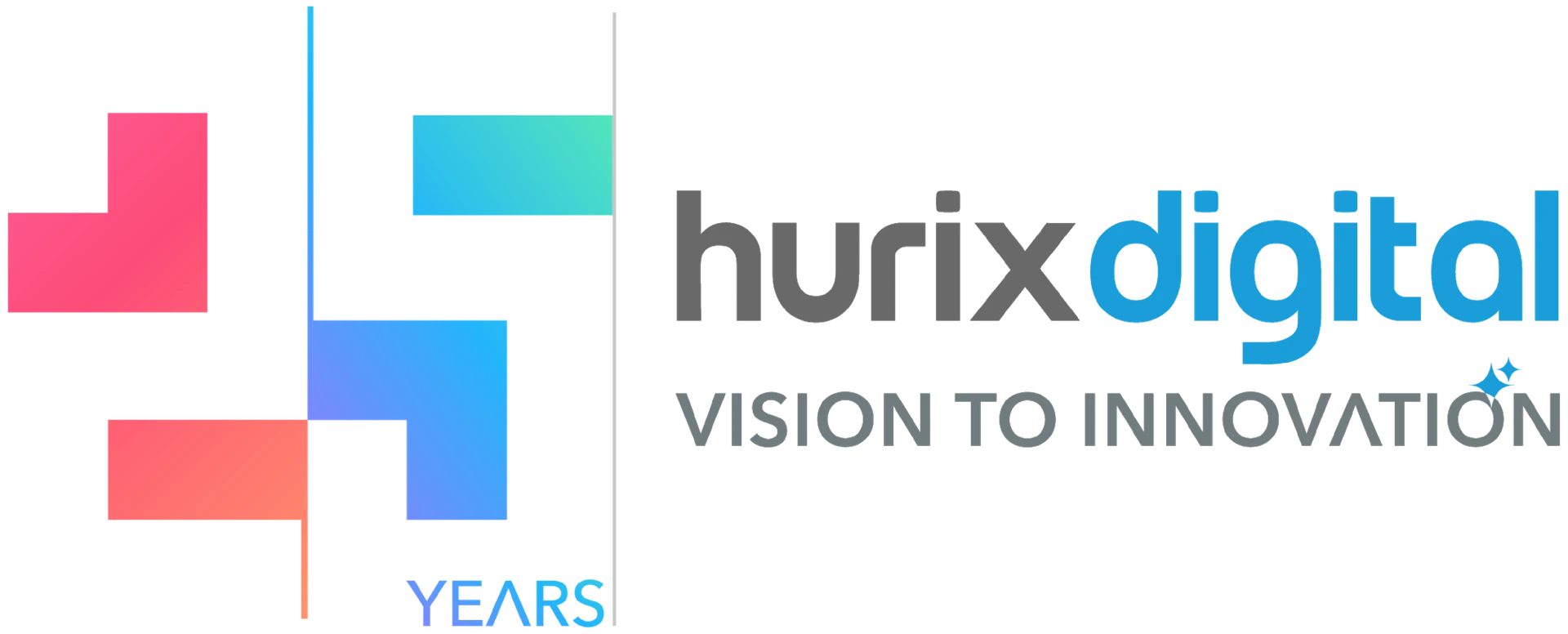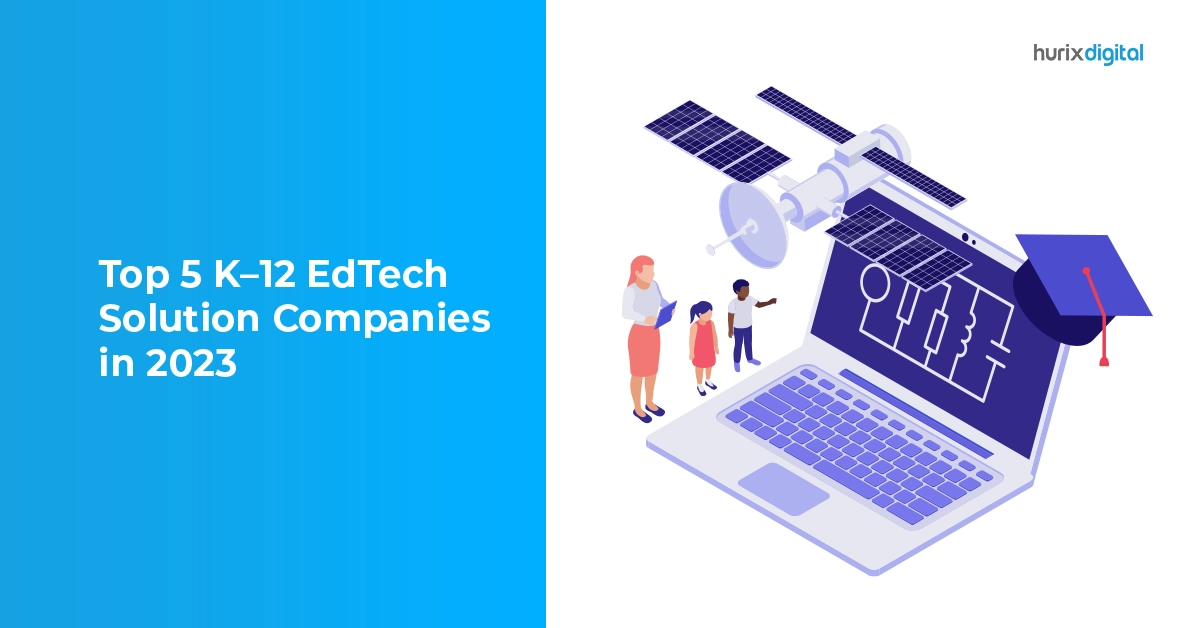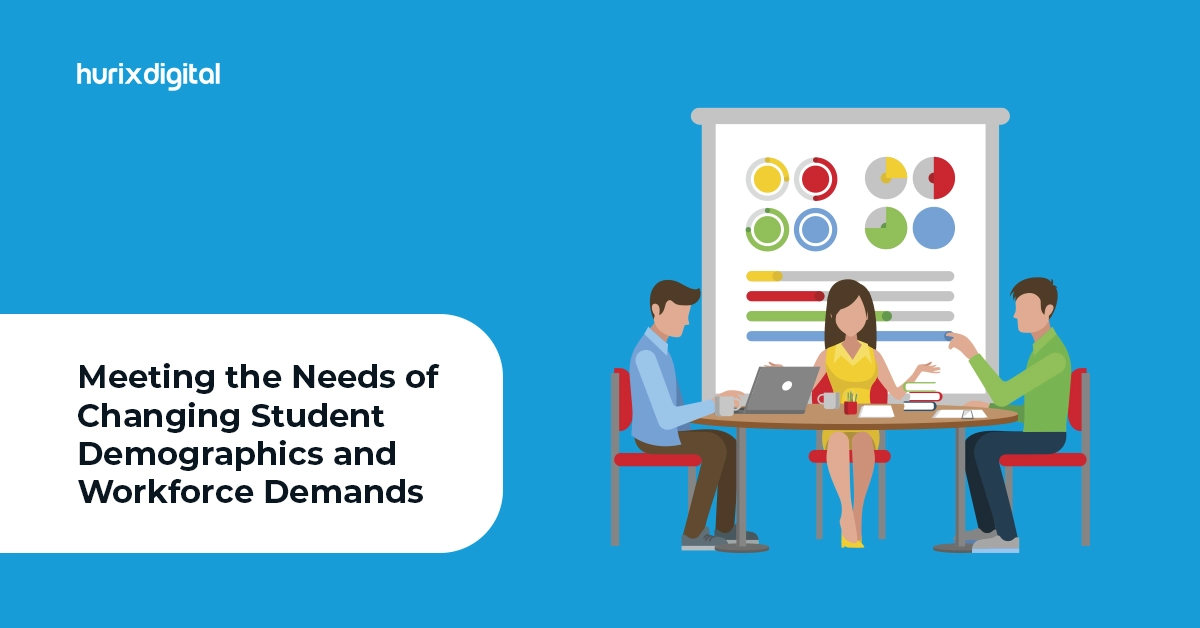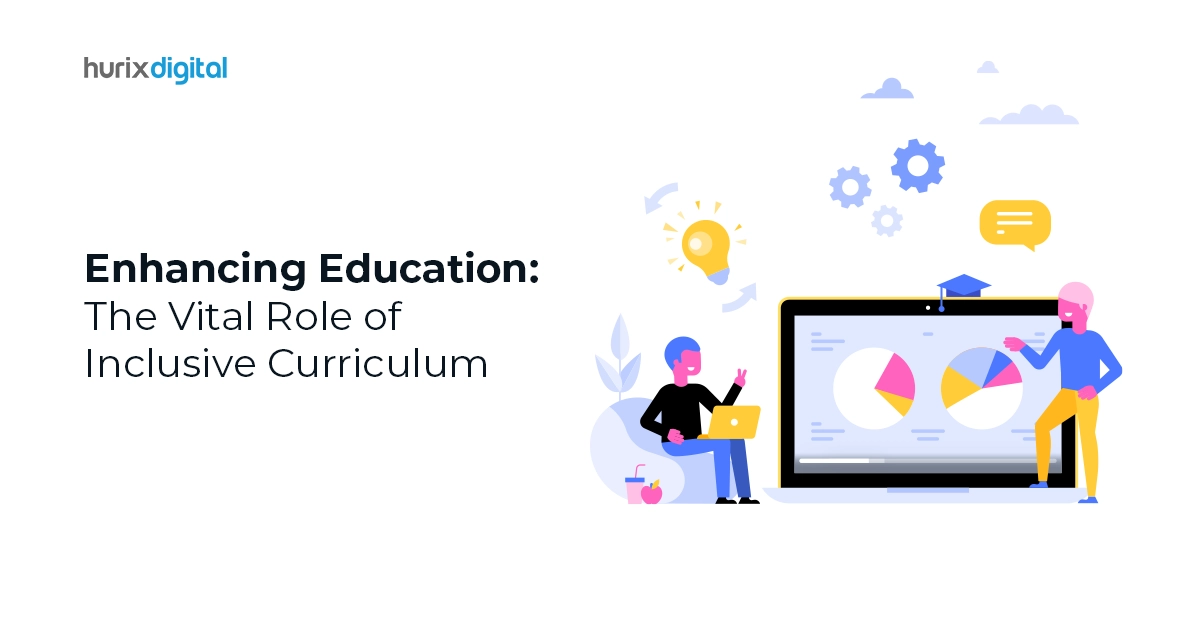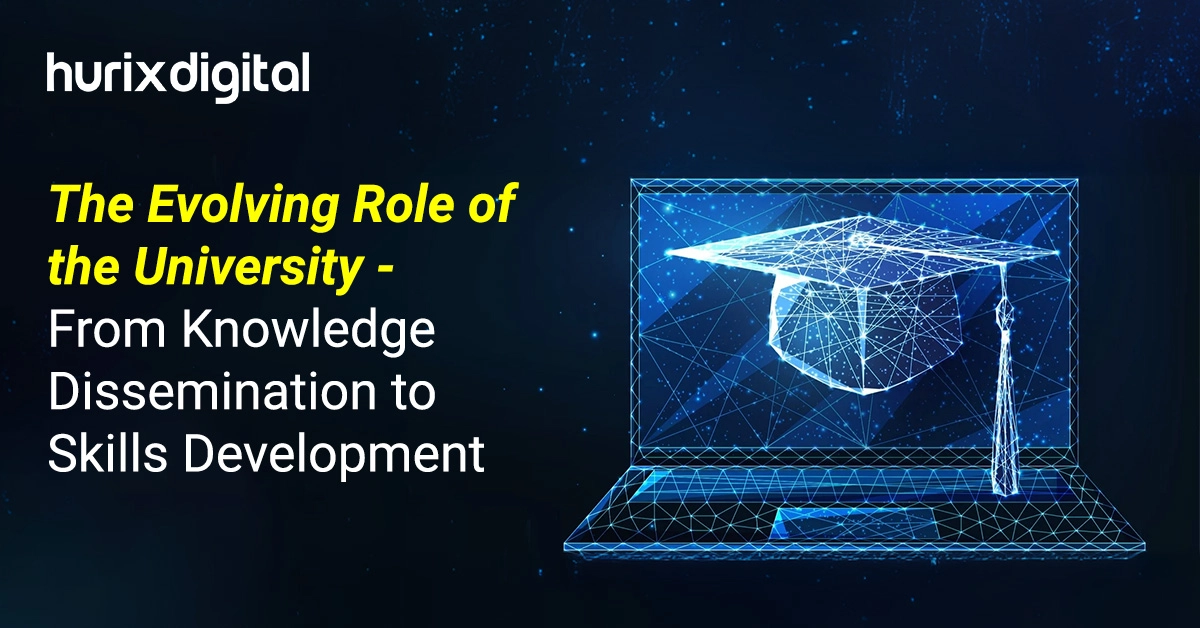
The Evolving Role of the University – From Knowledge Dissemination to Skills Development
Summarize with:
There is a major shift underway in the higher education scene. Originally seen as hubs for the dissemination of knowledge, conventional colleges are evolving to meet the demands of the modern workforce.
Research from the 2023 World Economic Forum indicates that 44% of workers’ skills would need to be updated by 2027. Underlining this urgent necessity, higher education institutions should consider transitioning from strictly academic instruction to skills-based education to remain relevant.
This transition is essential for meeting the changing demands of modern companies and guaranteeing workforce preparation.
In this article, we will discuss the evolving role of higher education institutions and universities, which have adapted from a center of information to a focus on skill development.
Table of Contents:
- A Shift in Educational Methodologies
- University Curriculum Changes
- The Role of Innovation in Education
- Preparing Students for the Future
- The Future of Higher Education
- Conclusion
A Shift in Educational Methodologies
Universities have long been associated with academic pursuits and theoretical research. Still, the discrepancy between theoretical knowledge and actual implementation is becoming clearer day by day.
Employers today look for graduates who have strong theoretical knowledge and also possess useful, practical skills that can be immediately used in the workplace. This change requires a review of conventional teaching approaches and an evolution toward skills-based education.
The Rise of Skills-Based Education
Skills-based education emphasizes the development of particular abilities and skills relevant to professional environments. This strategy ensures that graduates have the skills required to succeed in their chosen professions, therefore improving labor readiness. Thus, universities have to modify their courses to offer hands-on learning opportunities and industry-aligned training.
Also Read: Top 10 AI Trends Reshaping the World of Education in 2024
University Curriculum Changes
Including practical skills in higher education is one of the most important modifications to the university curriculum. Project-based learning, internships, and laboratory work are being used in courses to close the theoretical knowledge gap with practical application. Engineering courses, for instance, now frequently feature design projects requiring students to develop concrete answers to practical problems, while management schools could provide simulations reflecting company settings and constraints.
Competency-Based Learning
Competency-based learning stresses mastery of particular skills and knowledge areas rather than time-based advancement, as opposed to conventional education approaches.
This method lets students progress at their speed, providing a more personalized and successful learning environment. Competency-based learning guarantees that graduates satisfy industry criteria and expectations and accommodates several learning environments.
The Role of Innovation in Education
The transformation of higher education heavily relies on educational innovation. Thanks to technological developments, teaching and learning approaches have been transformed. This welcomes a more dynamic and interesting educational opportunity. Among the several ways technology is improving practical skill development are online learning systems, virtual labs, and augmented reality simulations.
These tools enable students to access resources and experiences otherwise inaccessible, thereby creating a more dynamic and immersive learning environment.
Collaborative Learning Environments
Innovation also extends to the design of cooperative learning spaces. Interdisciplinary techniques are being used by universities to inspire students from many academic backgrounds to collaborate on projects and research projects. This promotes a culture of cooperation and cross-pollination of ideas, which is essential for addressing difficult, practical problems.
Working in diverse teams helps students develop essential soft skills such as communication and problem-solving, which are valuable in any situation.
Preparing Students for the Future
Workforce preparation goes beyond technical abilities to incorporate critical soft skills and flexibility. Universities are realizing how crucial it is to equip students with the adaptability needed in modern professions.
According to the World Economic Forum, analytical thinking and creative thinking are among the most important skills for workers in 2023 and beyond. Universities can enable students to acquire a well-rounded skill set ready for the demands of the future workplace by providing seminars, career services, and mentoring programs.
Lifelong Learning and Continuous Development
The requirement of lifetime learning has never been more important in a time of rapid technical development and shifting employment marketplaces. Universities are adapting to this reality by offering flexible learning options like online courses, professional credentials, and continuing education programs.
These programs help people upskill and reskill all through their careers. This guarantees their competitiveness and relevance in a market that is always changing.
The Future of Higher Education
Constant higher education transformation and adaptation define the direction of higher education going forward. Universities have to be aggressive in spotting new trends and adjusting to the changing needs of workers and students. This calls for both adaptability and constant invention, as well as teamwork.
1. The Role of Universities in a Changing World
Universities have to strike a compromise between their conventional goal of knowledge distribution and the rising need for skills-based education as their function changes. This entails changing courses of instruction and encouraging an innovative and always-improving culture.
By doing so, universities can guarantee that they remain relevant and efficient in equipping students for the opportunities and challenges of the twenty-first century.
2. Collaboration and Partnerships
The university-industry collaboration will play a major role in shaping the future of higher education. By forming tight partnerships with industry players, colleges can ensure that their educational programs remain relevant to industry demands and that graduates are prepared for the demands of the workforce.
Check out EXCLUSIVE: Hurix Digital Develops 100 Interactive Learning Programs for a Leading US-Based Education Institution in Just a Year
Conclusion
The shifting function of the university is evidence of the dynamic character of education and its capacity to fit changing society’s demands. The transition from information sharing to skill-based education reflects the growing importance of practical skills and workforce readiness in today’s employment environment.
University curricula are evolving to better educate students about the opportunities and difficulties of the modern world. This is being facilitated by competency-based learning and collaborations between academic institutions and corporate partners. Higher education will need to continue expanding in the future to generate a workforce that is skilled, flexible, and capable of handling the problems of the twenty-first century.
At Hurix Digital, we are committed to providing inclusive learning opportunities because everyone has some responsibility for this. Our specialty is improving higher education by including creative ideas that support diversity and accessibility, providing a first-rate learning environment for every student.
Contact us today to find out how our offerings might help your university move toward a competency-based, skills-based learning environment.
Summarize with:

Senior Vice President
A Business Development professional with >20 years of experience with strong capability to sell new solutions and develop new markets from scratch. New Market Entry Specialist with experience working in the largest emerging markets. Exceptional experience in conceptualizing, ideating and selling new learning technologies like VR AR, etc. across multiple industry verticals.
 A Space for Thoughtful
A Space for Thoughtful 